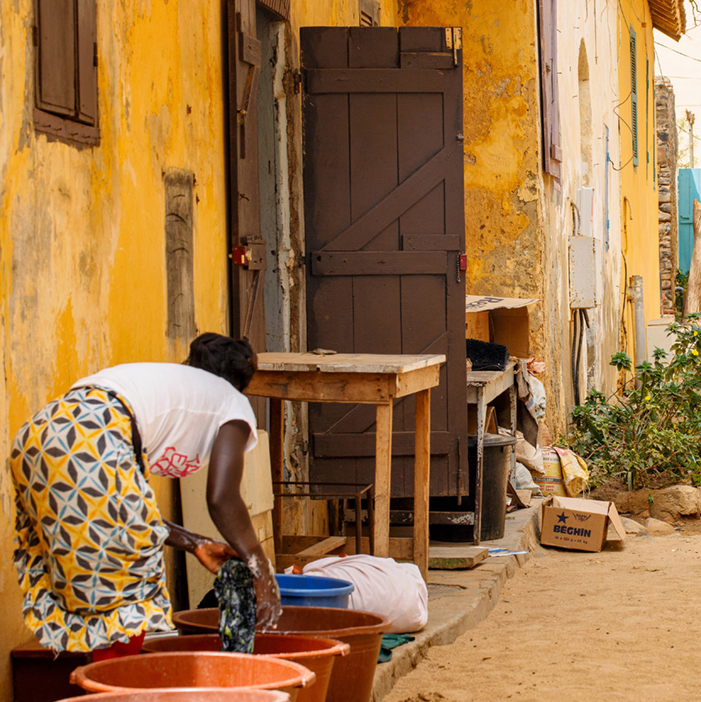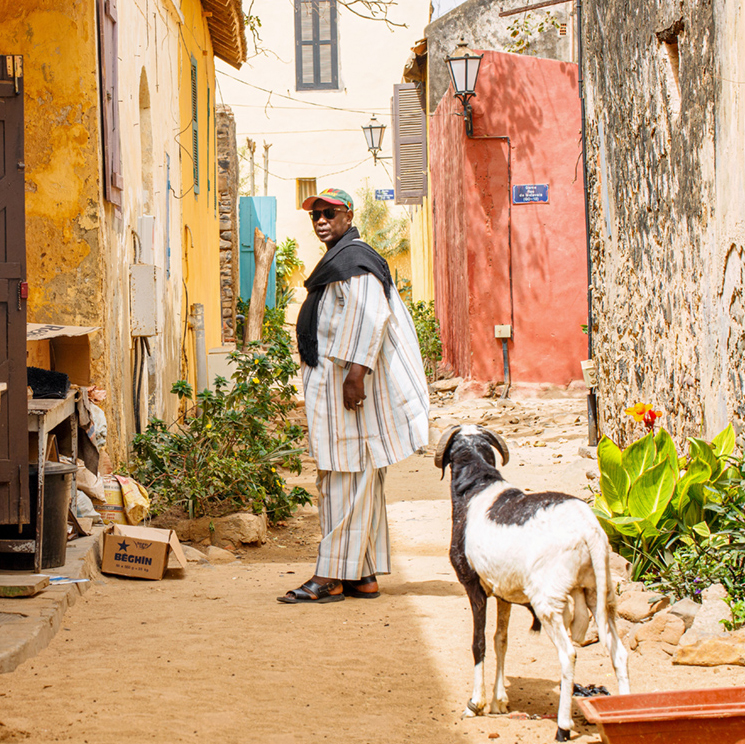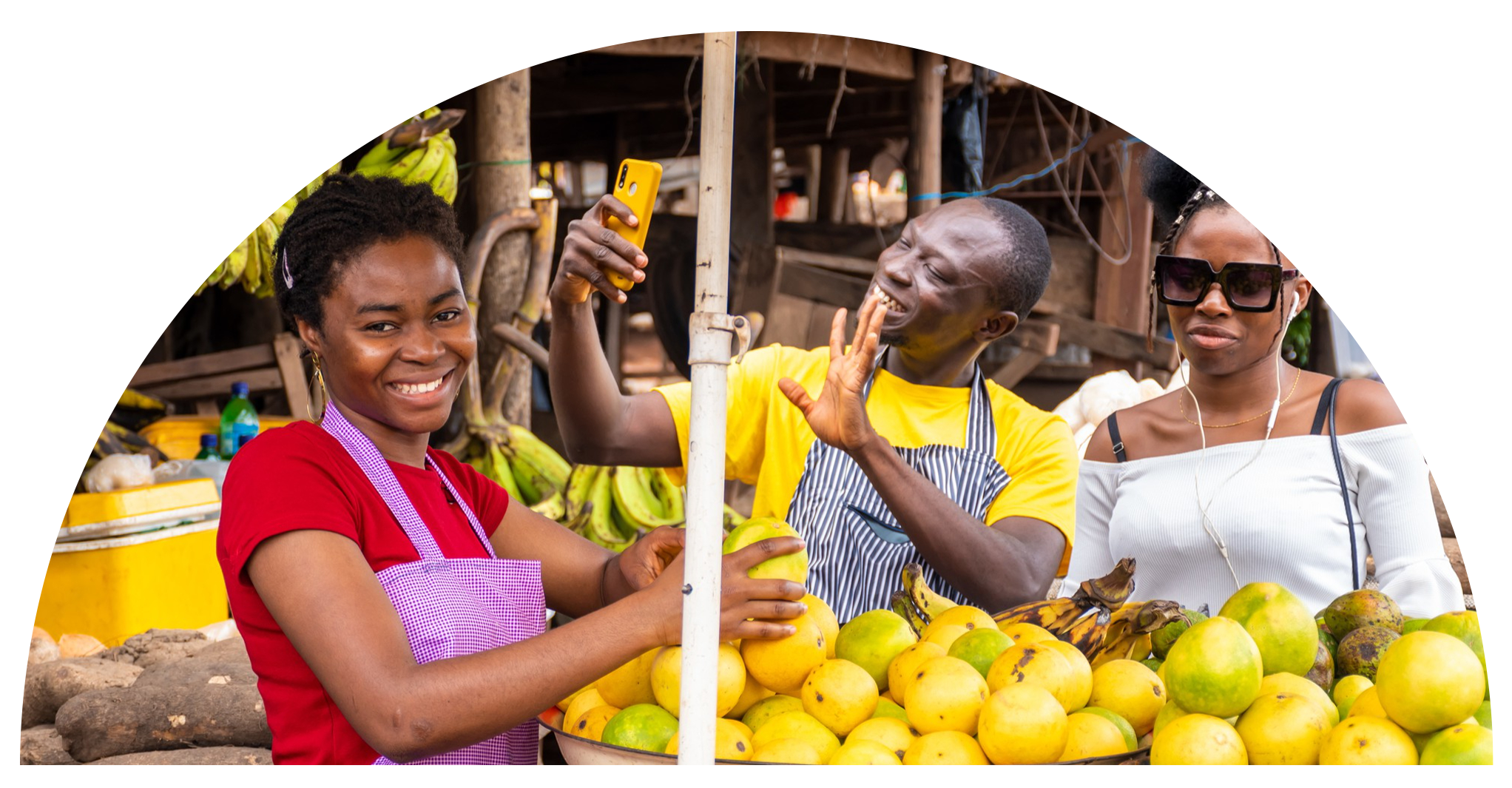

Previous Editions
Over the years, this objective has not ceased to produce results and to generate new challenges. The congress therefore has its own Iberian voice within the European framework of African studies. With a growing convening capacity, which overflows the peninsular framework (more than 50 panels and 400 participants in the last editions), it complements the forums generated from the AEGIS or ECAS conferences. At the same time, it is increasingly crystallizing its desire to become a recognized meeting point with African partners, as well as a reference for studies on Afro-descendant groups in America.
first editions: foundation
The first Congress of African Studies in the Iberian World(CEAMI 1) was held from November 27 to 29, 1991 in Madrid, at the Colegio Mayor Nuestra Señora de África, of the Ministry of Foreign Affairs. The congress arose from a joint initiative of Portuguese and Spanish academics, decisively driven by Professor Isabel Castro Henriques (U. of Lisbon) and Professor Ferran Iniesta (U. of Barcelona). This first edition dedicated to broad themes (religion and culture, economy and society, state and international relations, language and literature or African studies in Portugal and Spain) would find continuity, in the same venue, from September 15 to 17, 1999, generating the first proceedings, Africa in the 21st century, published by Sial Ediciones, under the coordination of Juan Ramón Trujillo (2001). The congress was definitively consolidated with its third edition, organized by the University of Lisbon at the Gulbenkian Foundation, between December 11 and 13, 2001, under the title Novas relações com África: Que perspectivas?, giving rise to proceedings edited by Isabel Castro Henriques (2003). With it, not only was the biennial periodicity consecrated, but also the synergies between the Portuguese and Spanish academies were triggered and the international brand of the congress was established.
From the fourth to the sixth congress: consolidation
Each new edition of this century has incorporated novelties and contributed with renewed networks and projects. The intention is also to expand the list of venues for the Congress. Thus, the 4th edition of the CEAMI with the theme Africa Walks was held in Barcelona, at the Llotja de la Cambra de Comerç, organized by the African Societies Study Group of the University of Barcelona, from January 12 to 16, 2004, with the decisive involvement of the then nascent Secretariat of Cooperation of the Generalitat de Catalunya. CEAMI 5, whose theme was Africa: Compreender trajectos, olhar o futuro, was held in Covilhã, organized by the Universidade de Beira Interior, which opened the congress to all Portuguese centers of African studies (May 4-6, 2006). CEAMI 6 took us to Las Palmas de Gran Canaria (May 7-9, 2008) physically and thematically for its approach to Africa, bridges, connections and exchanges; organized by the city’s university, it stands out for the involvement, continued since then, of the newly created Casa África. The three editions resulted in digital proceedings that will soon be available on the website of the new African Studies Network.



From ICAE 7 to ICAE 9
The 7th edition, under the slogan 50 anos das independências africanas: desafios para a modernidadewas held in Lisbon, organized and hosted by the Center for African Studies of ISCTE, from September 9 to 11, 2010; the name of the meeting was revised and it was renamed the Iberian Congress of African Studies (CIEA). It was followed by the CIEA-8, in Madrid, from June 14 to 16, 2012, placing us Under the tree of the word: resistances and transformations between the local and the global, thanks to the organization of the African Studies Group, of the Autonomous University of Madrid, which hosted the meeting. A review of this edition can be found in Pueblos, Revista de Información y Debate (2012). CIEA-9 was held in 2014 in Coimbra, organized by the Centro de Estudos Sociais of the city’s university, from September 11 to 13, with moto África Hoje: tempos e espaços de transformação. He left the first permanent congressional website.
Two editions towards a network
Various circumstances beyond the organizers’ control, such as the effects of the crisis that began in 2008 and, later, the COVID-19, have forced the extension of the periods between congresses, but not only has the connection not been broken, but the last two congresses have generated the commitment to create an Iberian network of African studies, whose biennial expression is the congress, in order to optimize its stability and social and academic permeability. Thus, from January 25 to 27, 2018, CIEA 10 took place, organized by the University of Granada through the team. AFRICAInEs, applied research and development studies (SEJ-491, University of Granada), and under the motto African people and cultures: Feminine identities, powers, knowledge and traditions. During the congress, which consolidated the production of a permanent web page, in addition to publishing the proceedings, a mandate was agreed upon to launch the process of setting up an Iberian network of African studies. IICA 11, to be held in Lisbon, July 6-8, 2022, organized by the History Center of the Faculty of Letters of the University of Lisbon, under the theme Trânsitos Africanos no Mundo Global: História e Memórias, Heranças e Inovações. The congress formalized the agreement reached in Granada and CHUL has mobilized human and financial resources to constitute the African Studies Network (REA) at the next congress, ICAE 12, to be held in Barcelona, between January 29 and 31, 2025, with the aim of turning the ICAE into the REA congress.
ICAE 1
Congress of African Studies in the Iberian World (CEAMI), Madrid, 1991.
ICAE 2: "Africa in the 21st century".
ICAE 3: "New relations with Africa: what prospects?"
CEAMI, Lisbon, 2001.
ICAE 4: "Africa walks".
CEAMI, Barcelona, 2004.


